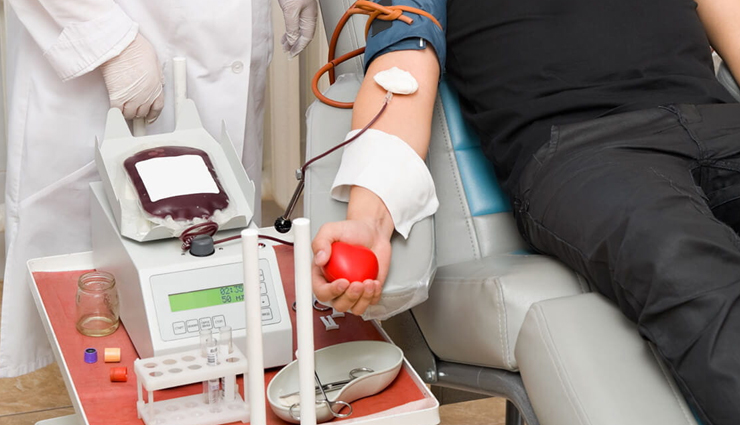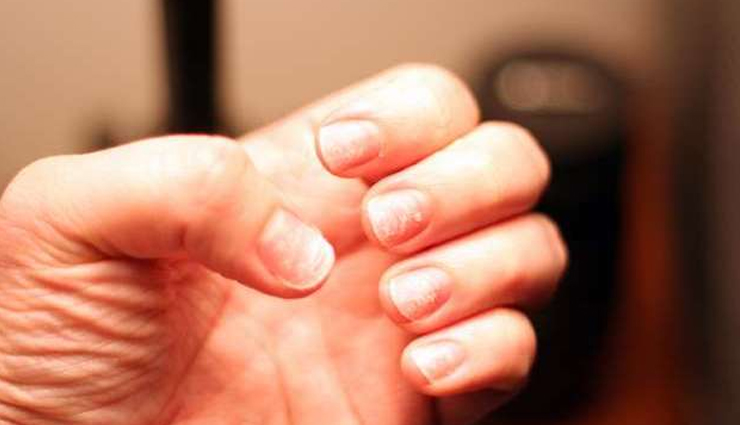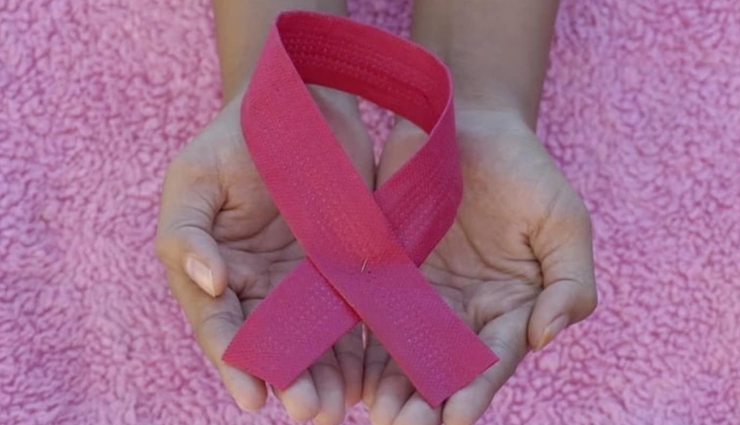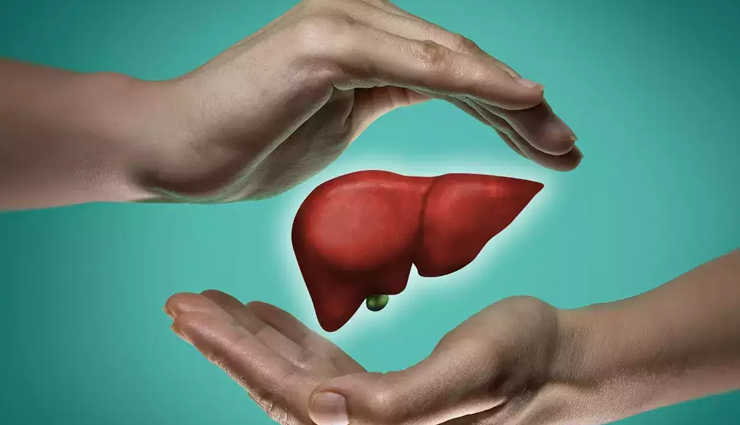- Home›
- Healthy Living›
- Blood Donor Day- 5 Amazing Health Benefits Of Donating Blood
Blood Donor Day- 5 Amazing Health Benefits Of Donating Blood
By: Kratika Maheshwari Tue, 14 June 2022 11:32:26

Every year on the 14th of June we celebrate World Blood Donor Day and thank our donors for giving blood, platelets and bone marrow to help save lives. The theme this year is “Donating blood is an act of solidarity. Join the effort and save lives” to draw attention to the roles that voluntary blood donations play in saving lives and enhancing solidarity within communities.
Since blood can’t be made or manufactured, these patients depend on blood donors for their very lives.
This might be something you already knew about. You’ve probably seen the posters and the big mobile blood banks community blood drives are often in the public eye. We often hear about the importance of donating blood as it relates to the recipients. One blood donation could help up to three patients.

# Giving blood can reveal potential health problems
While it isn’t the same thing as a trip to the doctor, donating blood can be another way to keep an eye on your cardiovascular health. You’ll receive a mini-physical prior to the blood draw, in which someone will check your pulse, blood pressure, body temperature, hemoglobin and more. This can sometimes shed light on issues you didn’t even know about.
“If your blood is too low in iron, the clinic will tell you and won’t draw your blood”, says Jan Patenaude, dietician and certified LEAP therapist. They will also inform you of any other blood issues they notice or if anything seems unusual. An occasional check up on your blood quality could be the key to spotting a health issue before it becomes life-threatening.

# Giving blood can reduce harmful iron stores
One in every two hundred people in the U.S. is affected by a condition called hemochromatosis and most don’t even know it, according to Patenaude. Hemochromatosis is a disease that causes an iron overload and is labeled as the most common genetic disease among Caucasians by the Mayo Clinic.
A committed blood donor herself, Patenaude recommends donation as a way to reduce the body’s extra iron stores. The Centers for Disease Control and Prevention says the removal of red blood cells by phlebotomy (or donating blood) is the preferred treatment for patients with excess iron in their blood.

# Giving blood may lower your risk of suffering a heart attack
You mightbe surprised to discover that there may be heart health benefits to giving blood. Donating blood at least once a year could reduce your risk of a heart attack by 88 percent, according to a study conducted by the American Journal of Epidemiology.* This relates to the iron issue again, says Dr. David Dragoo, healthcare expert at Money Crashers.
Dr. Dragoo explains that high levels of iron in the blood constrict your blood vessels and create more risk of a heart attack. Depleting those extra iron deposits by donating blood gives your vessels more room to operate.

# Giving blood may reduce your risk of developing cancer
In an average, completely healthy person, the link between giving blood and decreased cancer risk is slim. But research does support a reduced risk of cancer for blood donors with different maladies, one of which is hemochromatosis.
Phlebotomy (the process of drawing blood) was found to be an iron-reduction method that is associated with lower cancer risk and mortality, according to a study published by the Journal of the National Cancer Institute. The study focused on patients affected by peripheral arterial disease (PAD), which the Mayo Clinic describes as a common circulatory problem. PAD patients who regularly donated blood had a lower risk of developing cancer than those who did not.

# Giving blood can help your liver stay healthy
Another danger of iron overload is the health of your liver. “In recent years, nonalcoholic fatty liver disease (NAFLD), the hepatic expression of metabolic syndrome, has reached epidemic proportions,” reports the National Center for Biotechnology Information.
Research has linked too much iron with NAFLD, Hepatitis C and other liver diseases and infections. Though there are many other factors involved in these problems, donating blood can help relieve some of those iron stores and avoid extra issues in your liver.





